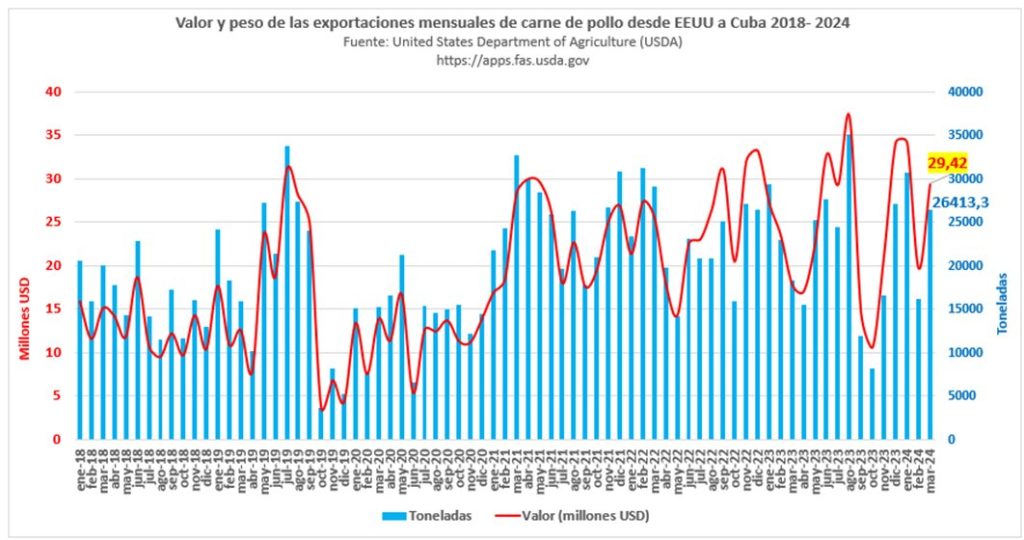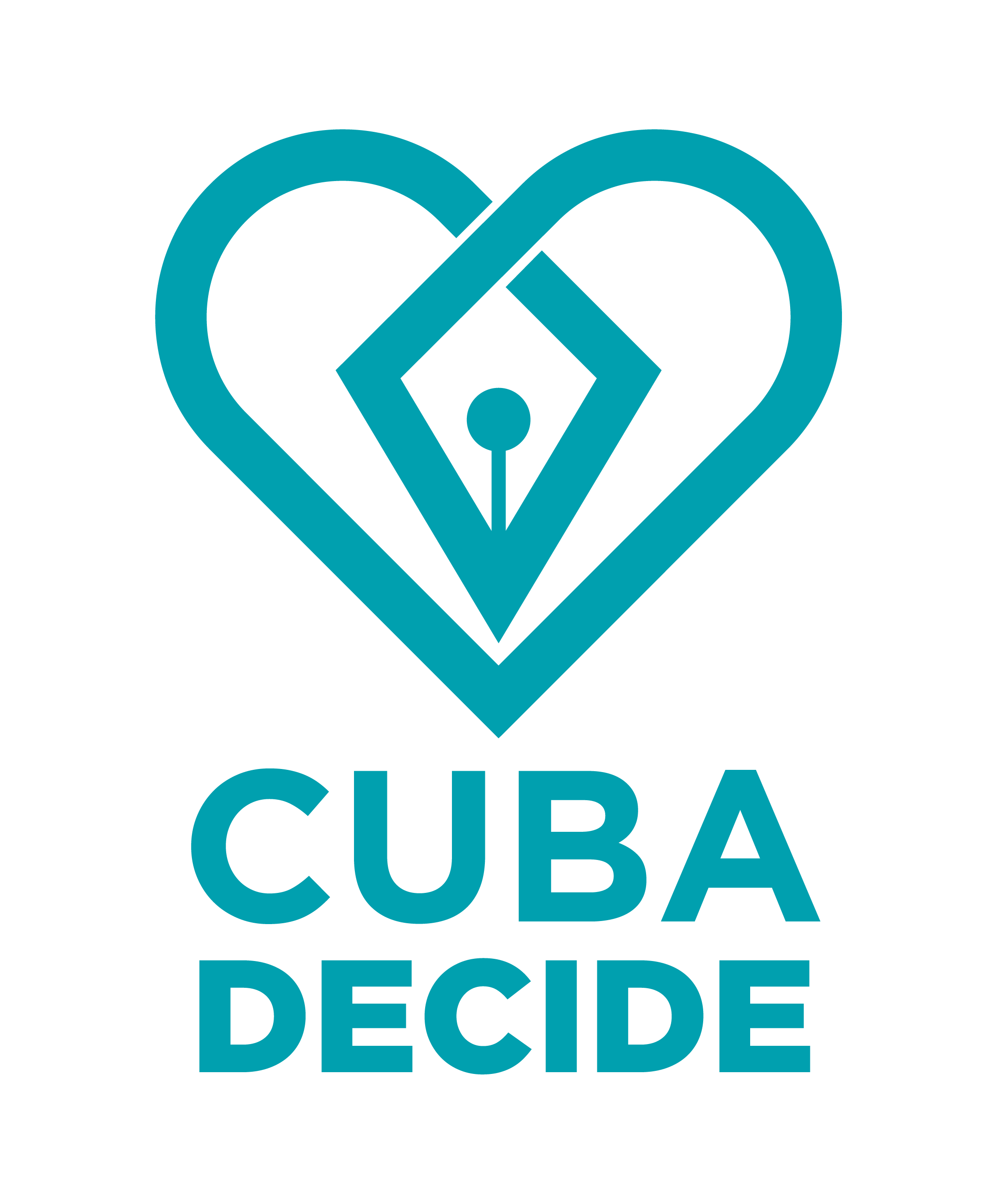COLLABORATE AS A VOLUNTEER OR WITH YOUR DONATION SO THAT “CUBA DECIDE” CAN CONTINUE FIGHTING FOR THE RIGHT TO CHOOSE OF THE CUBAN PEOPLE.
The commercial and financial “embargo” or economic blockade imposed by the U.S. on Cuba has undergone various modifications over more than 60 years. It began with the cancellation of Cuba’s sugar quota in the U.S. market in June 1959, and it was formalized on February 7, 1962, with the application of Section 620a of the Foreign Assistance Act, which had been in effect since September 1961, when President John F. Kennedy completely banned the import of Cuban-origin goods. Over time, other restrictions were added.
Throughout the years, these sanctions have been used as a tool to pressure the island to respect human rights and allow the establishment of a democratically elected government.
But why did the United States impose the embargo on Cuba in the first place? The reason behind this “embargo” is simple: since Fidel Castro eliminated private property, Washington wanted to prevent the regime from profiting by trading in assets expropriated from millions of Cubans who were killed, imprisoned, or exiled.
The Cuban government has historically referred to these economic sanctions as a blockade. However, it is not a blockade but a partial embargo, and these two situations are entirely different. While a blockade would imply that the United States prevents the movement of goods and people to and from Cuba, the U.S. laws constituting the embargo only restrict what American citizens and businesses can do in relation to Cuba.
Today, Cuba has trade agreements with more than 40 countries, and the United States is one of its main trading partners, along with China, Venezuela, Brazil, and Spain (Cuba’s second-largest trading partner worldwide and the largest foreign investor). In this sense, the United States is the largest exporter of food to Cuba, with frozen chicken being the main export product. Food and many other items, such as medical products and humanitarian aid, are exempt from the embargo.
This year, U.S. chicken meat exports to Cuba grew in March 2024 compared to the previous month, with increases of 62.6% in tonnage and 49.22% in value. This food is the primary source of animal protein consumed in Cuba and compensates for the severe national agricultural crisis. The amount imported from the United States in the first quarter of 2024 doubled Cuba’s total annual chicken meat production, being almost nine times greater than the annual production of Cuban poultry companies.

Ending the U.S. embargo would not make a significant difference for Cuba because the country’s essential problem is its dictatorship and the failure of the economic model imposed by the regime. Before the communist dictatorship took power, Cuba’s largest export to the United States was sugar, and the second most important export was coffee. Both sectors were destroyed by Castro’s management. Additionally, Cubans are prevented from producing food, and the state maintains a monopoly over production.
Cuba Decide is a citizen and international mobilization initiative to change the system towards democracy and the rule of law. It seeks to subject the regime to the sovereign will of the people at the polls and pave the way for change. Now you also know the reality and the proposal. You can be part of the change and support the Cuban people’s right to decide. The change is in your hands. Join us.

